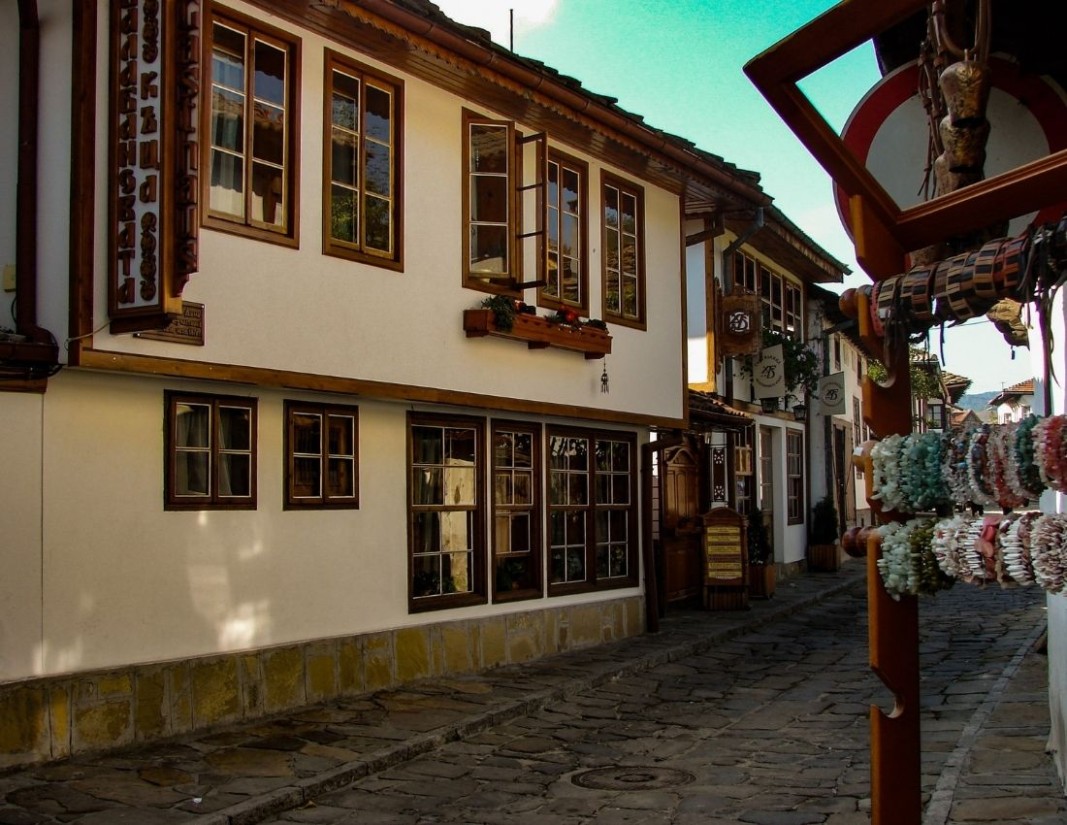The coronavirus crisis and the subsequent lockdowns caused an unprecedented collapse in Bulgaria‘s tourism sector which forms 12% of the country's GDP and relies mostly on revenues from foreign tourists.
The number of foreign guests visiting Bulgaria between April and June decreased by 96% on an annual basis. A slight recovery was registered later in the autumn, when the National Statistical Institute reported a 70% decline in the number of foreign guests on an annual basis. The situation was even worse in relation to the outbound tourism, because thousands of Bulgarians who were planning to travel abroad cancelled their trips. The consequences were visible at the beginning of the summer season - a dramatic reduction in revenues from international travel, empty hotels, restaurants and resorts. Moreover, a series of tour operators and large investors faced bankruptcy.

The year of the coronavirus pandemic proved to be far more favorable to alternative tourism, as well as to small family hotels in remote seaside and mountain villages. Since the beginning of the Covid-19 pandemic, domestic tourism has declined by 27% only. Bulgarians rediscovered their country, nature, history and culture due to the coronavirus pandemic and the limited opportunities for travel abroad. Instead of booking all-inclusive packages in large holiday complexes, they preferred a holiday in the nature in a tent, in a small family hotel or a trip to ethnographic villages where they had the opportunity to enjoy traditional homemade food.
Last summer, campsites on Bulgaria’s southern Black Sea coast and coastal towns such as Sozopol and Sinemorets reported a record-high increase in the number of Bulgarian tourists. In the peak summer tourist season it was almost impossible to find a hotel room or a spare parking place there. The small businesses have tackled the Covid-19 challenge by showing innovativity and flexibility in providing a safe environment and a variety of attractions. Companies that have been organizing alternative tourism for years increased their turnover. Meanwhile, the large all-inclusive complexes were empty and their owners complained that they would go bankrupt.
Despite the coronavirus pandemic, tens of thousands of Bulgarian enthusiasts continued traveling to neighboring countries, especially to northern Greece. However, due to the tightened anti-epidemic measures adopted in connection with the spread of Covid-19, cars formed long lines at the border crossings during the hot summer days, sometimes reaching 15 km.

Meanwhile, the industry was at a crossroads and the coronavirus crisis called the concept of mass tourism that relies on all-inclusive and low prices into question.
It seems that the future of tourism lies in trips to close and safe destinations, holidays in the nature, cycling, rural holidays in family hotels or camping, at the expense of mass tourism, overconsumption and destruction of natural resources. 2021 is likely to accelerate this trend.
Engliosh version: Kostadin Atanasov
Photos: Veneta NikolovaThe flow of visitors to the Bulgarian stand at the 28th East Mediterranean International Tourism & Travel Exhibition EMITT does not stop. The exhibition is held until February 7 in Istanbul and is among the five largest tourism..
Bulgaria participates in the international tourism exhibition CMT Stuttgart . The forum is held from January 18 to 26, 2025 , and the main highlights are camping and caravanning, motorcycles, cycling, golf, SPA, cruises and others, reports bgtourism.bg...
"The Rhodope Caterpillar" - that's what they call the train that winds along the slopes of the Rhodope Mountains on the route Dimitrovgrad - Haskovo - Kardzhali - Podkova village. And no, this is not the legendary narrow-gauge railway - it runs in a..

+359 2 9336 661
